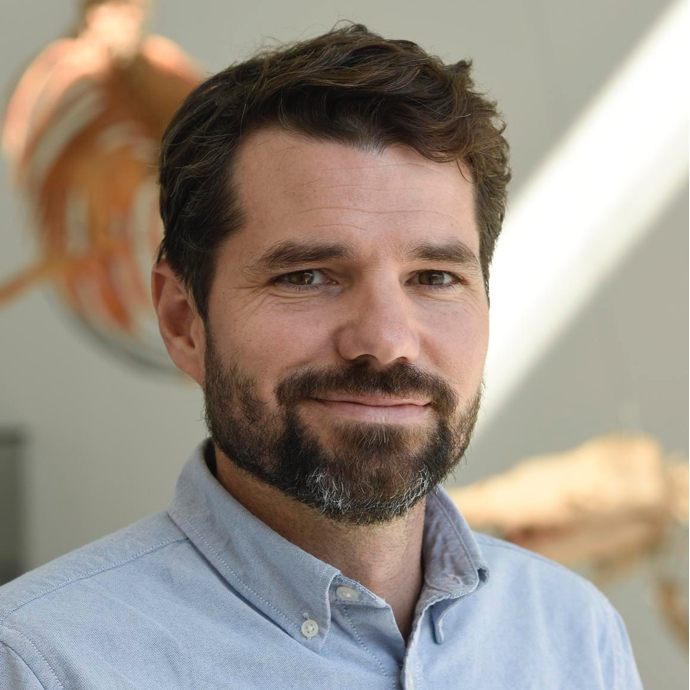Improving food security is a critical challenge for humanity, requiring solutions that increase the productivity of ecosystems in a sustainable way. I will develop an innovative program to increase fish production in coastal marine ecosystems by harnessing an unlikely fertilizer, fish excretion. My research has shown that fish excretion fuels the high productivity in coral reefs. I have developed a novel artificial reef (AR) design that exploits this sustainable and abundant resource to boost local fish production. Packard Foundation funds will support: (1) field experiments that inform mathematical models to optimize AR design and maximize fish production, (2) a community-based conservation program in Haiti that applies these models and AR construction to restore coral reefs and rebuild failing fisheries. This project integrates new frontiers in marine ecology with replicable community-based conservation to promote food security in some of the world’s most at-risk coastal ecosystems.
Fellow
